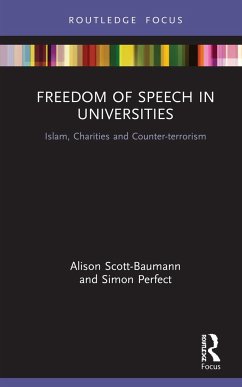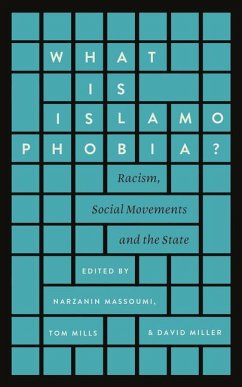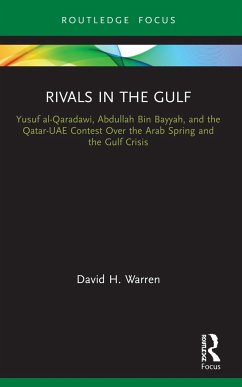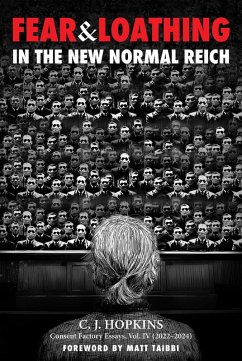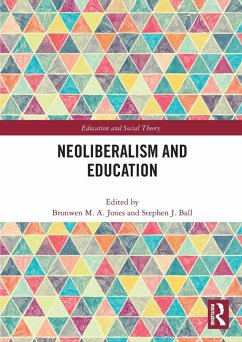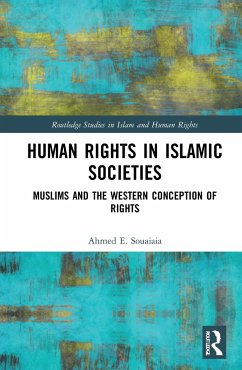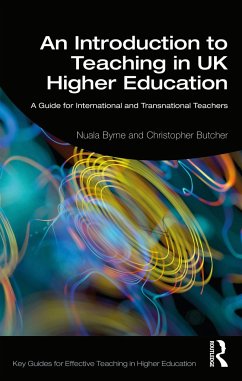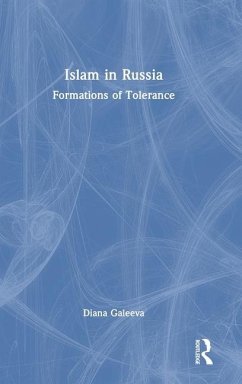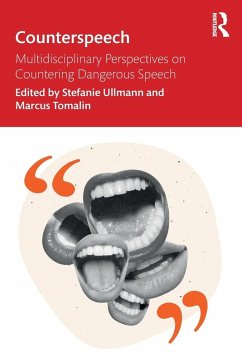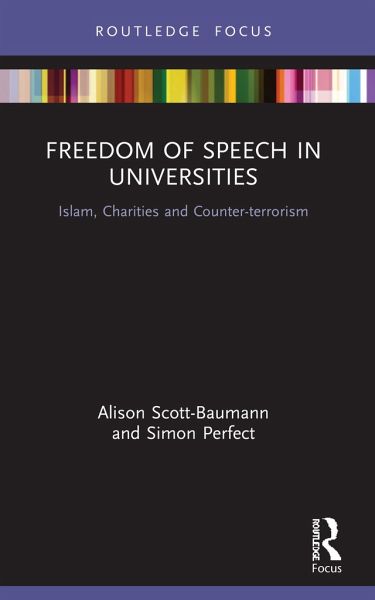
Freedom of Speech in Universities
Islam, Charities and Counter-terrorism
Versandkostenfrei!
Versandfertig in 6-10 Tagen
24,99 €
inkl. MwSt.
Weitere Ausgaben:

PAYBACK Punkte
12 °P sammeln!
Freedom of speech and extremism in university campuses are major sources of debate and moral panic in the United Kingdom today. In 2018, the Joint Committee on Human Rights in Parliament undertook an inquiry into freedom of speech on campus. It found that much of the public concern is exaggerated, but identified a number of factors that require attention, including the impact of government counter-terrorism measures (the Prevent Duty) and regulatory bodies (including the Charity Commission for England and Wales) on freedom of speech.This book combines empirical research and philosophical analy...
Freedom of speech and extremism in university campuses are major sources of debate and moral panic in the United Kingdom today. In 2018, the Joint Committee on Human Rights in Parliament undertook an inquiry into freedom of speech on campus. It found that much of the public concern is exaggerated, but identified a number of factors that require attention, including the impact of government counter-terrorism measures (the Prevent Duty) and regulatory bodies (including the Charity Commission for England and Wales) on freedom of speech.
This book combines empirical research and philosophical analysis to explore these issues, with a particular focus on the impact upon Muslim students and staff. It offers a new conceptual paradigm for thinking about freedom of speech, based on deliberative democracy, and practical suggestions for universities in handling it.
Topics covered include:
The enduring legacy of key thinkers who have shaped the debate about freedom of speechThe role of right-wing populism in driving moral panic about universitiesThe impact of the Prevent Duty and the Charity Commission upon Muslim students, students' unions and university managersStudents' and staff views about freedom of speechAlternative approaches to handling freedom of speech on campus, including the Community of Inquiry
This highly engaging and topical text will be of interest to those working within public policy, religion and education or religion and politics and Islamic Studies.
The Open Access version of this book, available at http://www.taylorfrancis.com, has been made available under a Creative Commons [Attribution-Non Commercial-No Derivatives (CC-BY-NC-ND)] 4.0 license.
This book combines empirical research and philosophical analysis to explore these issues, with a particular focus on the impact upon Muslim students and staff. It offers a new conceptual paradigm for thinking about freedom of speech, based on deliberative democracy, and practical suggestions for universities in handling it.
Topics covered include:
The enduring legacy of key thinkers who have shaped the debate about freedom of speechThe role of right-wing populism in driving moral panic about universitiesThe impact of the Prevent Duty and the Charity Commission upon Muslim students, students' unions and university managersStudents' and staff views about freedom of speechAlternative approaches to handling freedom of speech on campus, including the Community of Inquiry
This highly engaging and topical text will be of interest to those working within public policy, religion and education or religion and politics and Islamic Studies.
The Open Access version of this book, available at http://www.taylorfrancis.com, has been made available under a Creative Commons [Attribution-Non Commercial-No Derivatives (CC-BY-NC-ND)] 4.0 license.





